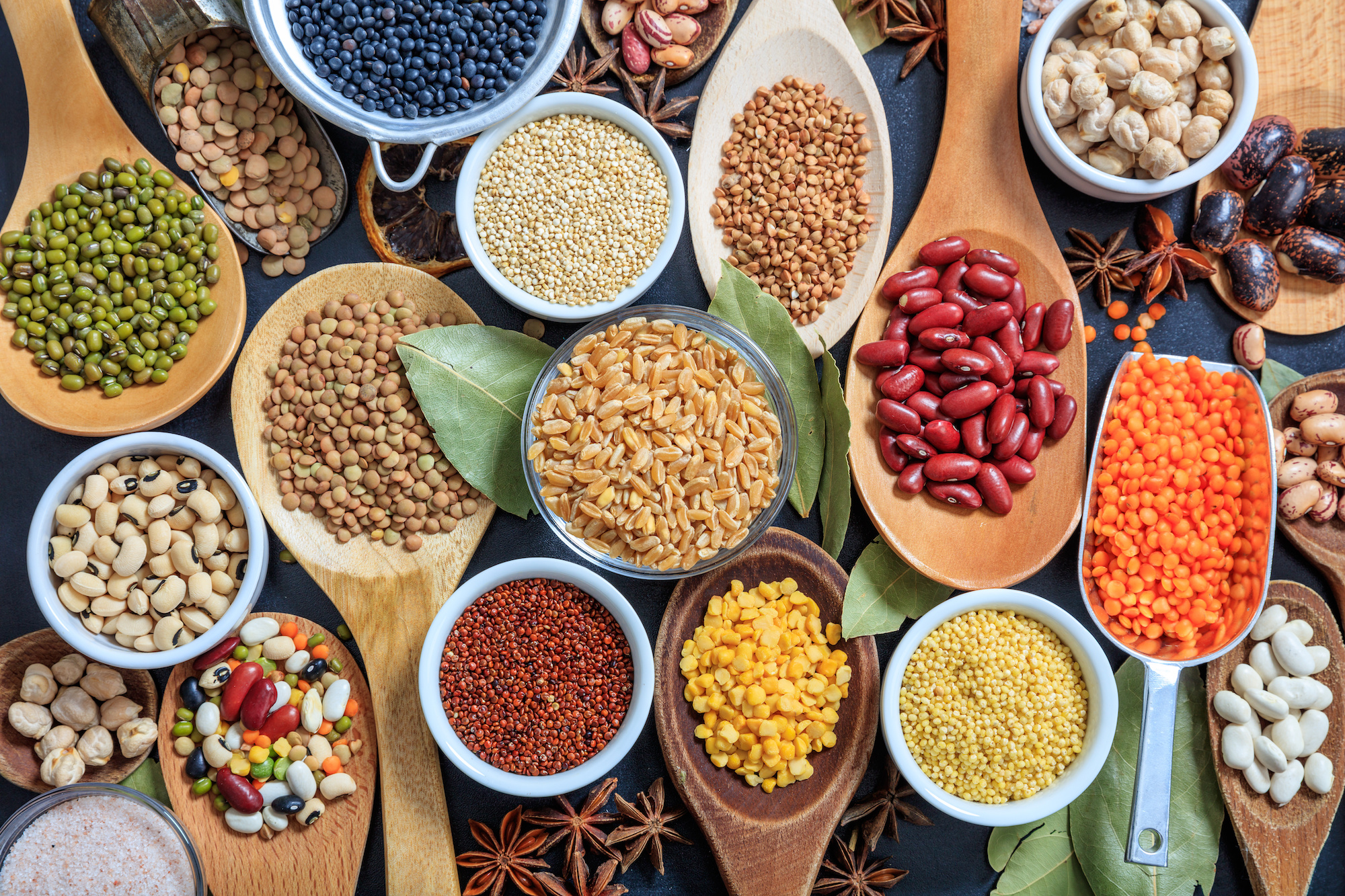Did you know that consuming plant-based proteins can significantly boost your brain health? From nuts and seeds to legumes and whole grains, there are plenty of options to choose from. Plant-based proteins contain the essential amino acids that our bodies need to create neurotransmitters, the chemical messengers that help send signals throughout the brain.
Plants based proteins also save you money!
Whether you choose to incorporate them into your diet gradually or jump right in, make sure to choose high-quality plant-based proteins and mix it up to receive all the benefits they have to offer. If you aren’t sure how to cook them, contact me and I can help. I love cooking beans!
Nuts & Seeds
Packed with protein, fiber and healthy fats, nuts and seeds are the perfect snack for boosting your brain power. Almonds are a great choice as they are packed with vitamin E. See my other article ….. on foods to eat for a healthy brain.
Legumes
From lentils and chickpeas to black beans and peas, legumes are high in protein, fiber and essential nutrients for brain function.
Whole Grains
Whole grains like quinoa, farro, and oatmeal are not only packed with protein, but also rich in iron, zinc, and B vitamins, all of which are essential for brain health. It can be intimidating to cook some of these items, but really, it’s easy.
Benefits of Consuming Plant-Based Proteins
In addition to helping create neurotransmitters, consuming plant-based proteins has many great benefits for the mind and body.
- Mental Clarity – Plant-based proteins can help boost cognitive function, increasing focus, attention, and mental clarity
- Physical Wellness – Consuming plant-based proteins can help reduce inflammation and boost the immune system, leading to overall improved physical wellness.
- Mood Regulation – They are rich in amino acids that help promote positive mood and regulate stress hormones, leading to better mental health.
When it comes to brain health, certain nutrients are essential. Luckily, plant-based proteins are packed with the most important ones.
Omega-3 Fatty Acids
Chia seeds, flaxseeds, walnuts and other nuts are all great sources of omega-3 fatty acids, essential for brain health.
Vitamins & Minerals
Bananas, oats, spinach, and kale are packed with essential vitamins and minerals like iron, folate, and magnesium to support optimal brain function.
Soy is packed with choline, a nutrient essential for brain development and memory formation. Soy also has all the essential amino acids needed for healthy cellular growth.
Tempeh is a fermented soy product that is rich in probiotics, which have been shown to have beneficial effects on the brain.
Tips for Incorporating Plant Based Proteins into Your Diet
The good news is that incorporating plant-based proteins into your diet is surprisingly easy. Here are some tips on how to get started.
Start Small
- Incorporate two new plant-based proteins into your diet each week to gradually build up your repertoire.
Swap Meat for Plant-Based Options
- Incorporate these foods into your favorite meat-based dishes, like swapping chickpeas for chicken in your pasta dish.
Mix it Up
- Try different types of plant-based proteins to keep things interesting. From lentils and tofu to nuts and seeds, there are endless options to choose from.
Meal Prep
Take some time to meal prep your favorite plant-based proteins to make it easier to incorporate them into your diet throughout the week. If you need some tips on how to incorporate and/or cook legumes and other plant-based foods into your diet, please reach out to me and I’d love to help you.










